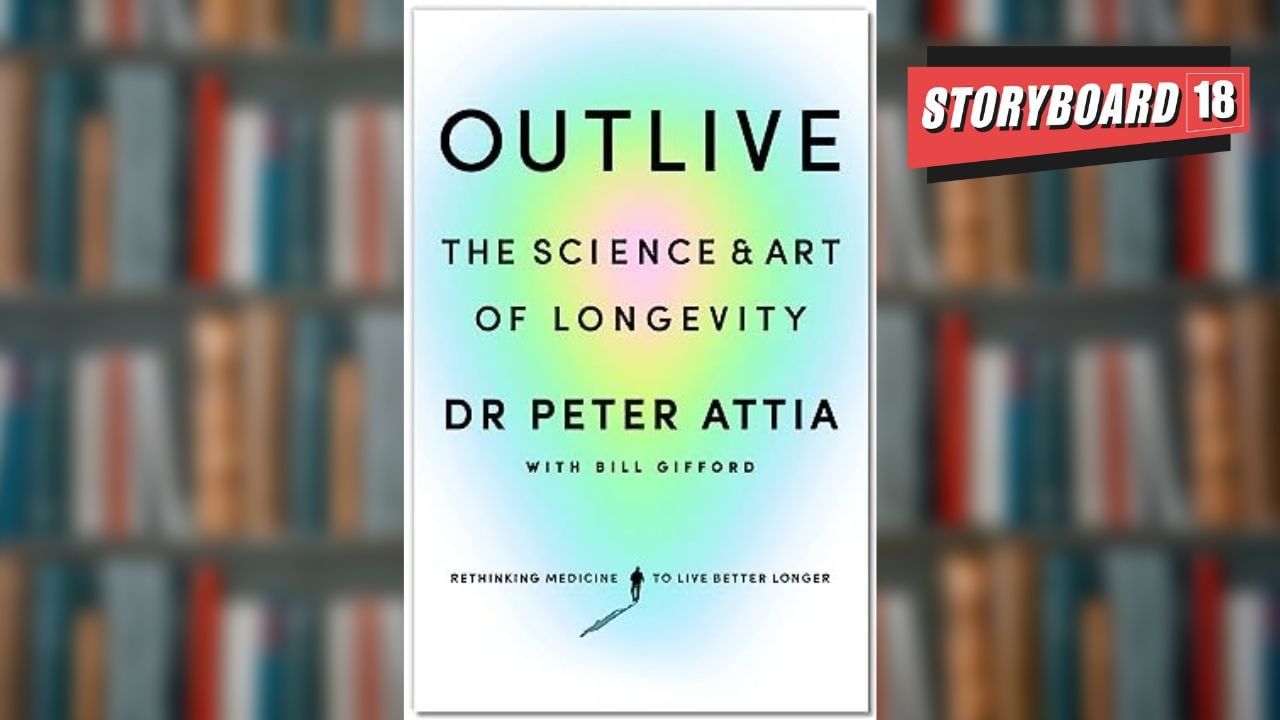Exit from a long, unhappy life
Early in the book ‘Outlive’, authors Dr. Peter Attia and Bill Gifford introduce you to the four Horsemen – heart disease, cancer, neurodegenerative disease and type two diabetes. They say that if we are to achieve longevity, we must understand and confront these causes of slow death. And because we don’t identify these Horsemen early enough to do anything about it, most modern medicine seems to be a waste of time. Harsh truth there.
1. The authors are bothered by the fact that all doctors seem to define their job as to stop the patient from dying. Their motto is ‘Nobody dies on my watch’. However, this does not seem to help because doctors are intervening at the wrong point in time; after the disease has taken hold and when it’s already too late.
2. The author quotes Sun Tzu, when he talks about health. “Tactics without strategy is the noise before the defeat,” he says and talks about having an overall strategy to achieve ‘health span’ over lifespan. Instead of a tactical ‘eat this’ and ‘don’t eat that’ approach, he encourages us to think deeply.
3. A poor health span is characterised by cognitive decline, loss of physical function and loss of emotional health. Actions we take to improve health span, which is the vision for Medicine 3.0, will naturally increase lifespan as well. The reverse though is not true and that’s something to think about.
4. The author cites case study after case study, featuring outliers who took charge of their health span when confronted with disease. The one that references Pulitzer winner Siddhartha Mukherjee (whose book we have reviewed earlier in Bookstrapping) is an eye opener.
5. Dr. Peter Attia’s own struggle with his emotional health is a fantastic addition to the book – he lays out his own vulnerability and teaches a vital lesson.
So here’s what I leave you with. The authors say, “Wounded children become adaptive children. But the problem begins when adaptive children become maladaptive, dysfunctional adults.”
Read this book to understand what modern medicine has to say about the quality of your life.
Reeta Ramamurthy Gupta is a columnist and bestselling biographer. She is credited with the internationally acclaimed Red Dot Experiment, a decadal six-nation study on how ‘culture impacts communication.’
